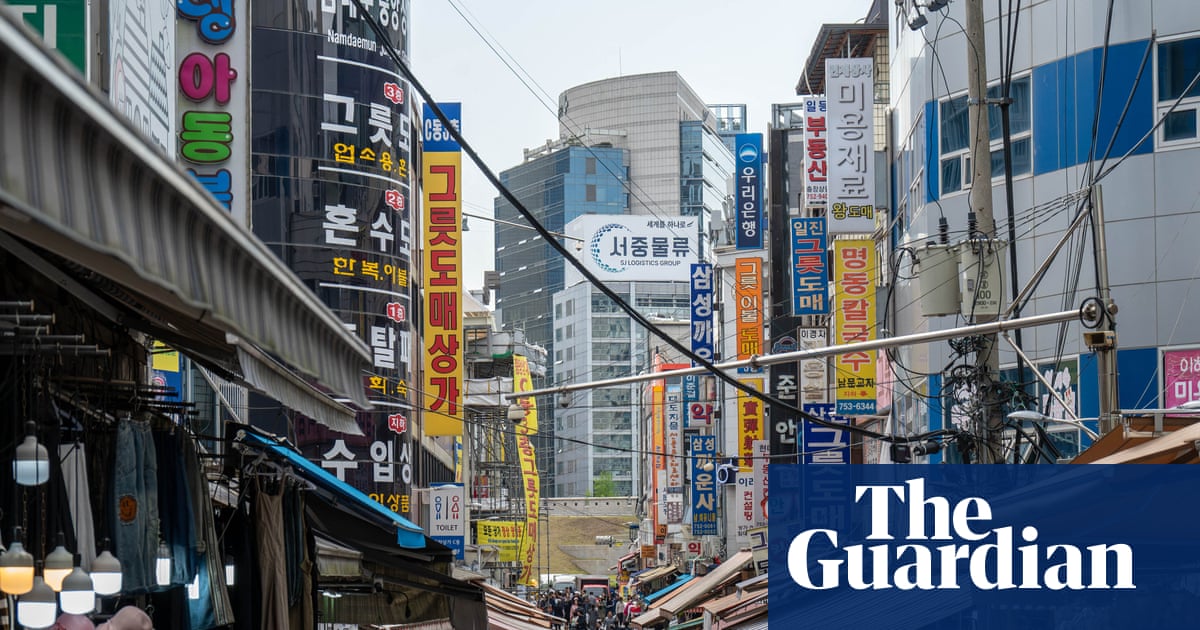
"Luiza Sakhabutdinova teaches Russian-speaking ethnic Korean students in the South Korean city of Gwangju. Many of them don’t speak fluent Korean."
"Their instructor, Luiza Sakhabutdinova, an assistant professor who came to South Korea 17 years ago, is one of 39 mentors from 21 countries deployed in programmes nationwide to foster social cohesion."
"Hwang Byung-tae, the school's head teacher, points to success stories, including a former foreign student turned teacher at the school, as well as those who progressed all the way to university."
"With 2.11 million foreign residents as of June, accounting for 4.1% of the population, South Korea is nearing the 5% threshold that experts use to define a multicultural society."
A language instructor in South Korea teaches Russian-speaking ethnic Korean students, many of whom struggle with Korean. These students are part of a broader demographic milestone, with foreign residents nearing 5% of the population. A government-led program in Gwangju aims to foster social cohesion through mentorship from diverse instructors. The head teacher of the school highlights successful former students, showing the potential for adaptation and academic success despite challenges in language proficiency. This shift reflects the country’s cautious approach toward immigration and multicultural integration.
Read at www.theguardian.com
Unable to calculate read time
Collection
[
|
...
]